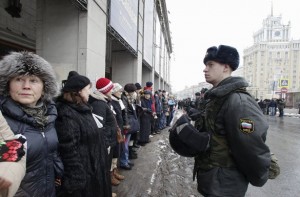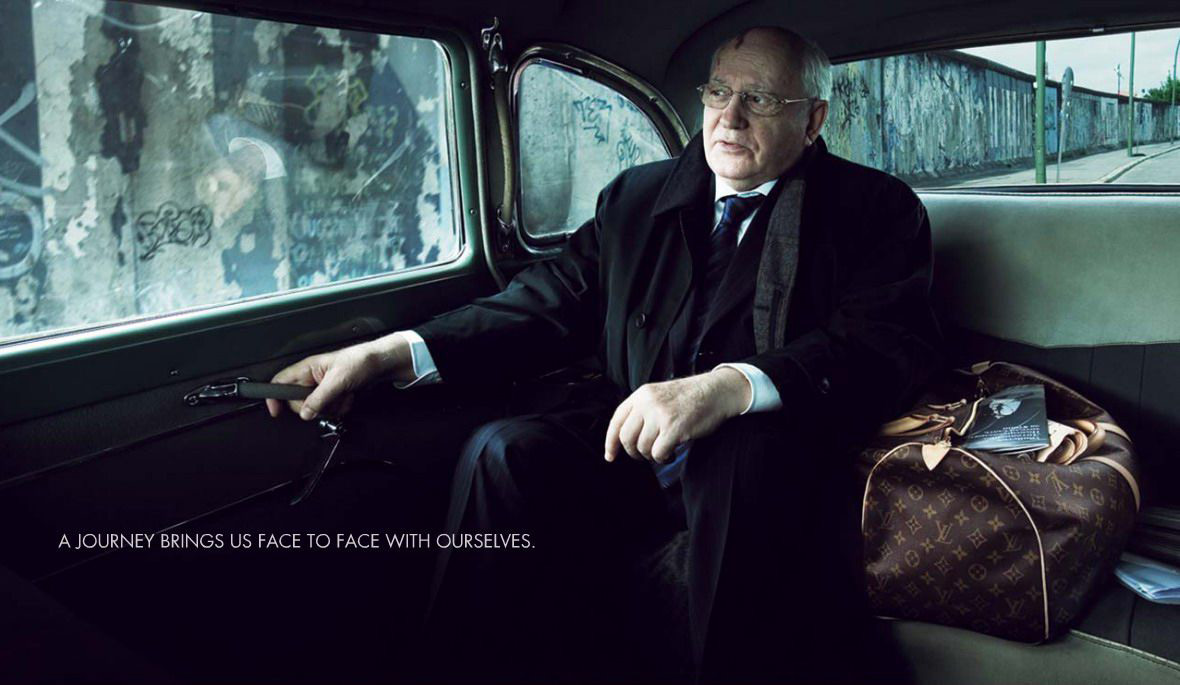After a weekend in which anti-Putin protestors united in a ring of defiance around the Kremlin, truly wacky reports have surfaced of a potential assassination plot against Prime Minister and presidential candidate Vladimir Putin, stymied by Ukrainian security forces:![]()
The Russian prime minister’s press secretary, Dmitry Peskov, told the BBC “this was absolutely a plot to kill the prime minister.”
It seems not outside the realm of possibility that Ukraine’s government, which is currently controlled by pro-Russian factions under pro-Russian president Viktor Yanukovych, could be convinced to help legitimize the gravity of the plot. Certainly, the Kremlin ploy helps to distract, in part, from anti-Putin protests just six days in advance of the first round of Russia’s presidential election.
In a piece in The Guardian yesterday, Russian oligarch Mikhail Khodorkovsky, who was jailed by Putin a decade ago and removed as CEO of Yukos Oil, advocates a vote for any of the four opponents to Putin, thereby forcing Putin into a second-round runoff vote. He compares the recent grassroots protests against Putin to the Arab Spring protests of 2011 that toppled dictators in Tunisia and Egypt:
By forcing a second round we will push our country down the path of positive change. Presidential power that previously answered to no one would have to start listening to the people it serves. The state that until now took the monopolistic presidential power for granted would be more wary of its hold and start moderating its behaviour. The politicians who gathered the opposition votes could become a force to be reckoned with, a voice for articulating the thoughts and views that have been ignored before. The establishment would have to start negotiating with the opposition and an evolutionary transition could meaningfully begin. Continue reading Kremlin Kops or Keystone Kops?



